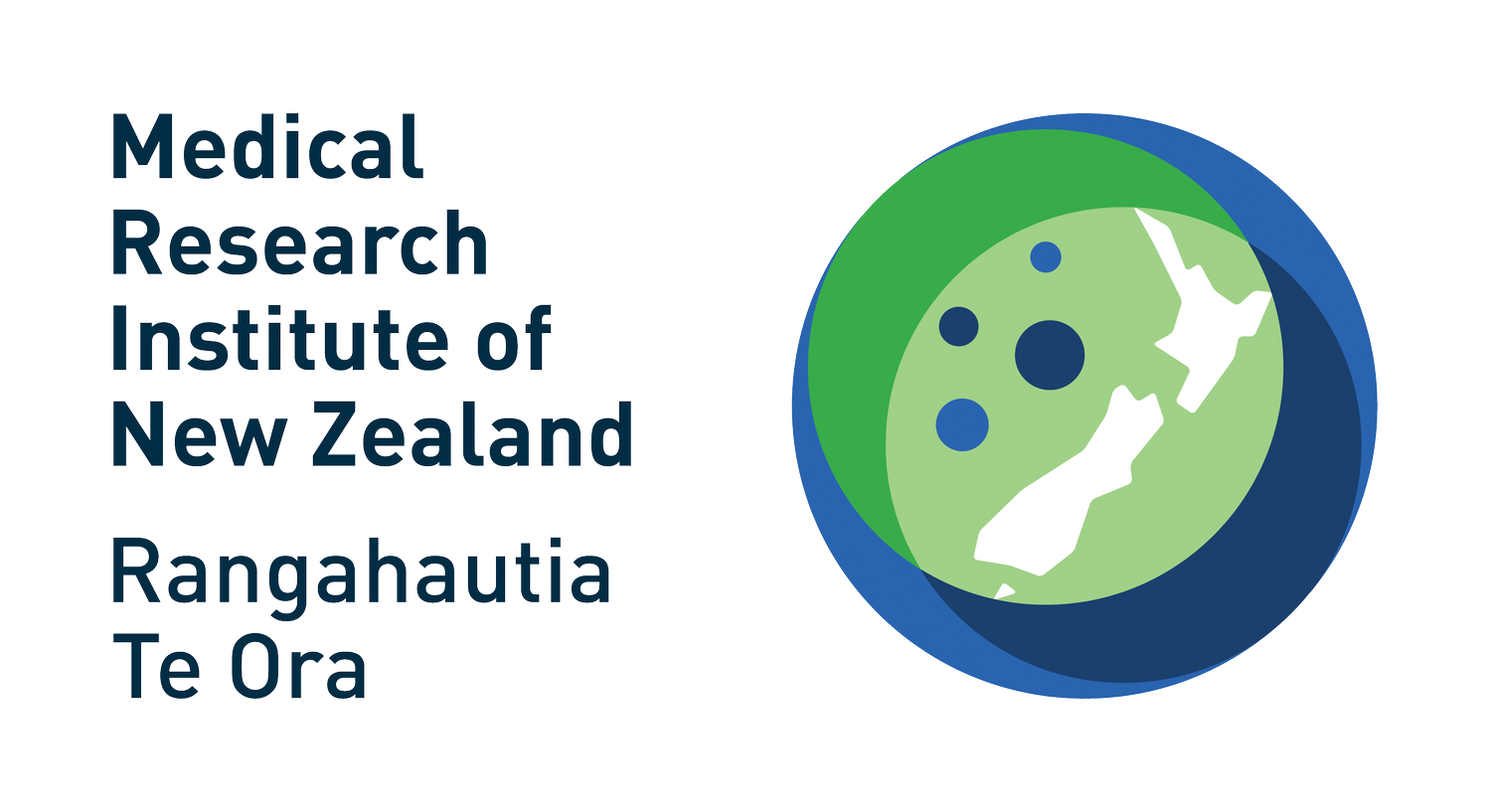Te Niwha Scholarship Fuels World-First Study on Māori Whānau Experiences in Intensive Care
Jackson Smeed-Tauroa (Ngāti Koroki Kahukura) is leading a groundbreaking research project at the Medical Research Institute of New Zealand (MRINZ) that explores the experiences of Māori whānau when a loved one is critically ill in the Intensive Care Unit (ICU).
Supported by a prestigious Te Niwha scholarship from MRINZ’s infectious diseases research platform, Jackson’s study is conducted under the mentorship of Associate Professor Clive Aspin at Te Herenga Waka—Victoria University of Wellington and Dr Diane Mackle, ICU Programme Manager at MRINZ.
“Jackson represents the next generation of Māori public health changemakers. We are thrilled to support him in this important and innovative research,” says Associate Professor Aspin. Jackson’s work focuses on identifying how healthcare providers can better support whānau through the complexities of ICU care while honouring Māori cultural values.
Having a loved one in intensive care is an emotionally challenging experience, intensified for Māori whānau by cultural considerations and a strong desire to be present, offer support, and connect meaningfully. Drawing on the Te Whare Tapa Whā framework — a holistic Māori health model developed by Sir Mason Durie — the research explores whānau experiences across wairua (spiritual), hinengaro (mental), tinana (physical), and whānau (family) wellbeing.
“Receiving the Te Niwha scholarship has enabled me to centre Kaupapa Māori research principles throughout this project, ensuring Māori voices, aspirations, and wellbeing are at the heart of every step,” explains Jackson. “This research aims to ensure Māori whānau feel heard, respected, and supported during one of life’s most difficult times. I hope it leads to changes that uphold tikanga Māori and strengthen support during future health crises.”
A significant focus of the study is on COVID-19 and pandemic preparedness. Māori were disproportionately affected during the pandemic, with higher rates of hospitalisation. Visiting restrictions, while necessary to prevent viral spread, intensified the emotional burden on whānau balancing health risks with their cultural obligations. This research will help inform future ICU practices to enhance family-centred care and ensure Māori patients and whānau feel safe and supported.
“Understanding Māori whānau needs in ICU is essential to addressing healthcare inequities,” adds Associate Professor Aspin. “This research shines a light on what matters most to Māori whānau in crisis and will provide the knowledge needed to make ICU environments more respectful of mana and supportive of hauora.”
Jackson’s study will involve semi-structured, face-to-face interviews (hui) with whānau who have experienced ICU stays for loved ones. This approach respects tikanga and ensures a personal, culturally grounded understanding of whānau concerns. By amplifying these voices, Jackson aims to reveal critical gaps in care that have previously gone unrecognised.
“Jackson’s research is pioneering in understanding the psychological, spiritual, and cultural impacts on Māori whānau during ICU admissions,” says Dr Diane Mackle. “By centring whānau voices, he is not only filling a vital gap in research but shaping a future ICU environment that embraces whānau with compassion and cultural safety.”
This will be among the first studies to specifically investigate Māori whānau experiences within ICU settings in Aotearoa. Jackson’s findings have the potential to influence healthcare policy and practice nationally, helping ensure that whānau visiting ICU in future health crises feel valued, culturally acknowledged, and fully supported.
The Te Niwha scholarship is awarded to promising researchers to enable dedicated focus on projects with community impact. Jackson’s work exemplifies this mission, striving to create meaningful change not only within ICU but across health systems to better serve Māori families in alignment with their cultural values.
“Research like this goes beyond data — it’s about manaakitanga, respect, and empowering whānau with care that recognises their unique values and strengths,” Jackson reflects.

